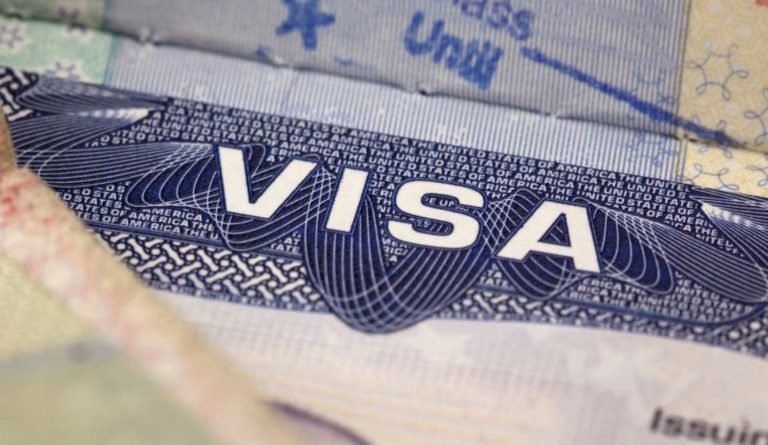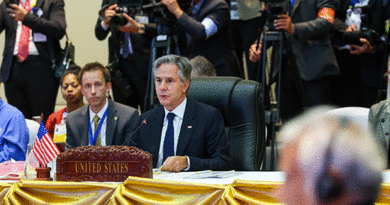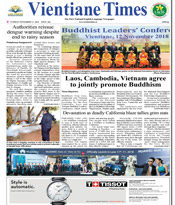US VISA: IMMIGRATION CORNER- Court upholds Trump’s ‘public charge’ proclamation
IMMIGRATION CORNER
– Michael J. Gurfinkel
The Philippine Star

On Dec. 31, 2020, the 9th Circuit Court of Appeal struck down a nationwide injunction by a lower District Court, ruling that President Trump’s proclamation banning the issuance of immigrant visas to those who cannot obtain private insurance or demonstrate the funds to self-insure, was lawful. This means that before an immigrant visa can be issued, the person must either obtain private insurance or show they have enough money to pay for care. The reasoning for the proclamation was that having uninsured immigrants come to the US burdens our healthcare system.
.

By way of background, on Oct. 4, 2019, President Trump issued a proclamation requiring people immigrating from outside the US to demonstrate either (1) they will acquire health care coverage within 30 days of entry; or (2) have the ability to pay for reasonably foreseeable health care expenses.
Trump had maintained that intending immigrants who lacked approved health care insurance or the financial resources to pay for their medical costs would be a burden on US taxpayers and our health care system, especially those using hospitals’ emergency rooms for a variety of non-emergency conditions, causing overcrowding and delays for those who truly need emergency services. Allowing thousands of aliens to immigrate who could not demonstrate their ability to pay for their health care costs just made the problem worse.
A lawsuit was filed, and a lower District Court issued an injunction, halting this proclamation from taking effect. But the 9th Circuit Court upheld the president’s authority to issue this proclamation, stating, “We conclude that the Proclamation was within the President’s statutory authority and therefore reverse the district court’s order enjoining the Proclamation’s implementation.”
What this will mean is that, in addition to all other “public charge” requirements, most people seeking an immigrant visa from outside the US will need to show they can obtain private health insurance or have enough money to pay for their health care expenses, and will not rely on taxpayers to pay for their medical expenses and care. If they cannot do so, a consul could refuse to issue their visa.
The Proclamation does list several health care plans that would qualify as “approved health insurance,” including an employer-sponsored plan and unsubsidized health plan offered in the individual market within a state, a catastrophic plan, a family member’s plan, a medical plan under the Medicare program or any other health plan that provides adequate coverage for medical care as determined by the Secretary of Health and Human Services.
It remains to be seen how this proclamation will be implemented and applied at the embassies, and we will continue to monitor this developing situation and keep you informed.
.

But with all of these rapid changes to immigration law, policies and requirements, I would recommend that you seek the assistance of an attorney who can help you navigate your way through these new requirements and greatly increase your chances for success.
WEBSITE: www.gurfinkel.com
Follow us on Facebook.com/GurfinkelLaw, Twitter @GurfinkelLaw and YouTube: US Immigration TV
Four offices to serve you: LOS ANGELES; SAN FRANCISCO; NEW YORK: TOLL FREE NUMBER: 1-866-GURFINKEL (1-866-487-3465); PHILIPPINES: +632 88940258 or +632 88940239










